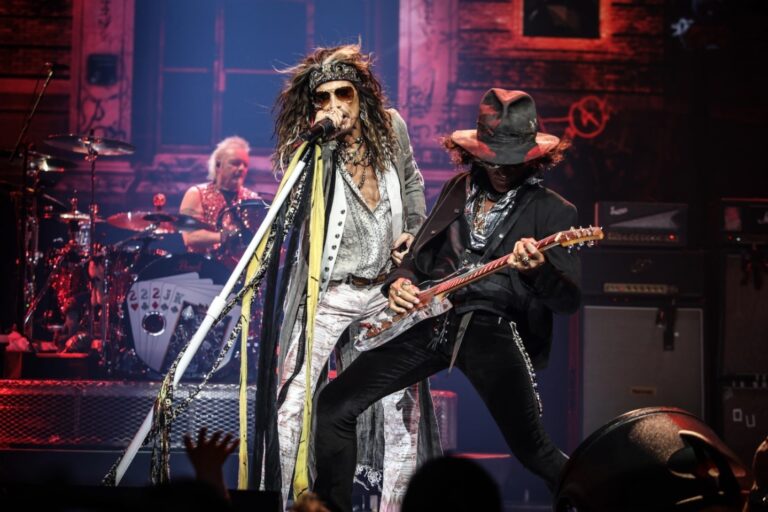‘The Spinach in the Lasagna’: ePortfolios Matter for Authentic Assessment
By Lisa Gedak and Gillian Sudlow
Last month, Tyler Ballum, our friend and colleague from Selkirk College, invited us (Gillian Sudlow and Lisa Gedak) to talk candidly about authentic assessment and ePortfolios. We ‘spilled the tea’ during an episode of Sound Education, Selkirk’s Teaching and Learning Centre podcast. Like any good conversation among friends, ours took many twists and turns, mixing fun food analogies with exploring connections between ePortfolios for authentic assessment and various trending pedagogical topics from Generative AI (GenAI) and Academic Integrity to Prior Learning Assessment and Recognition (PLAR), digital literacy and much more.
The conversation began with Tyler referencing Miriam Webster’s word of the year for 2023, authentic (‘authentic’ named Merriam-Webster’s 2023 Word of the Year 2023). From there, it was an easy segue into concerns over how GenAI is degrading academic integrity by bringing into question the authenticity of student work. How do we assess student work in the wake of GenAI? How do we ensure we assess authentic student learning, not machine learning? How do we encourage students to embrace the process of learning and not let a chatbot define their learner identity?
To our triad of pedagogues, the answer to all these questions is obvious – ePortfolios for authentic assessment where learning is a process, evidenced over time through the collection of authentic learning tasks and reflective practice. But, we three are not like most subject matter experts in post-secondary. Education is our subject matter of expertise; we speak epistemology, pedagogy, and learning technology; we thrive in digital spaces; learning and assessment design is our jam. We embrace change and pedagogical shifts. We like spinach in our lasagna.
We see the pandemic-induced shift to increased online learning as an opportunity to improve teaching and learning experiences, especially concerning authentic assessment and ePortfolios use, for “online learning in higher education creates a fertile environment for potential synergies between authenticity and assessment, and no better way exists to exercise authenticity in assessment than by portfolio.” (Conrad & Openo 2022), and in the KPU Teaching and Learning Commons we have embraced this philosophy wholeheartedly, advocating for and supporting authentic assessment practices that prioritize ePortfolios.
In fact, authentic assessment is already happening in multiple places across KPU. Our lasagna already has many yummy layers. Experiential, hands-on, real-world learning experiences abound on every campus. It’s what we do. Field work, field schools, study abroad, lab work, student-led research, problem and project-based learning, and Work Integrated Learning (WIL) opportunities exist across disciplines. Even more traditional pedagogies have space for authentic experiences and assessments such as the writing process in writing-intensive courses. But, until recently, those authentic learning pieces were left undocumented in any meaningful way; connections to learning outcomes, prior learning and self may have been left unexplored. Enter the spinach in the lasagna.
ePportfolios add another layer to authentic assessment. They are a digital wrapper for authentic learning experiences centred around learner agency and identity. A space where learners collect, curate, evidence, and reflect on their learning journey in a way that chronicles their transformative processes and progress as they discover where they fit in academia. ePortfolios for authentic assessment can mitigate GenAI and other academic integrity concerns, for it makes learning visible, documenting both the messiness of the process of learning and the achievement of mastery, but most importantly, it requires authenticity on behalf of the learner, for the creation of an ePortfolio is an intense, highly personal endeavor. “It is unlikely that an “imposter” could or would donate his or her time over a period of time to compile such a document.” (Conrad & Openo 2022)
If you are ready to expand your pedagogical palate and give ePortfolios for authentic assessment a taste, check out the menu at the Teaching and Learning Commons. Even if you want just a little bite, or want to see someone try it first, we offer workshops on ePortfolio pedagogy and one-to-one consultations. Give it a try; spinach is good for you.
References
Ballum, Tyler (Host). (2024, October 3). Authentic Assessment and ePortfolios [Audio podcast]. Retrieved from https://open.spotify.com/episode/2pHulD3C1JNiaCXZCBw834?si=QamPVLGERcuEYKI2CbWj8g&nd=1&dlsi=2dd3079b44324d71
CBC/Radio Canada. (2023, November 27). “authentic” named Merriam-Webster’s 2023 Word of the year | CBC News. CBCnews. https://www.cbc.ca/news/world/merriam-webster-word-year-2023-authentic-1.7040829#:~:text=In%20an%20age%20of%20deepfakes,for%202023%20is%20%22authentic.%22
Conrad, D., & Openo, J. (2022, August 19). Assessment strategies for online learning. Assessment Strategies for Online Learning | AU Press-Digital Publications. https://read.aupress.ca/projects/assessment-strategies-for-online-learning





